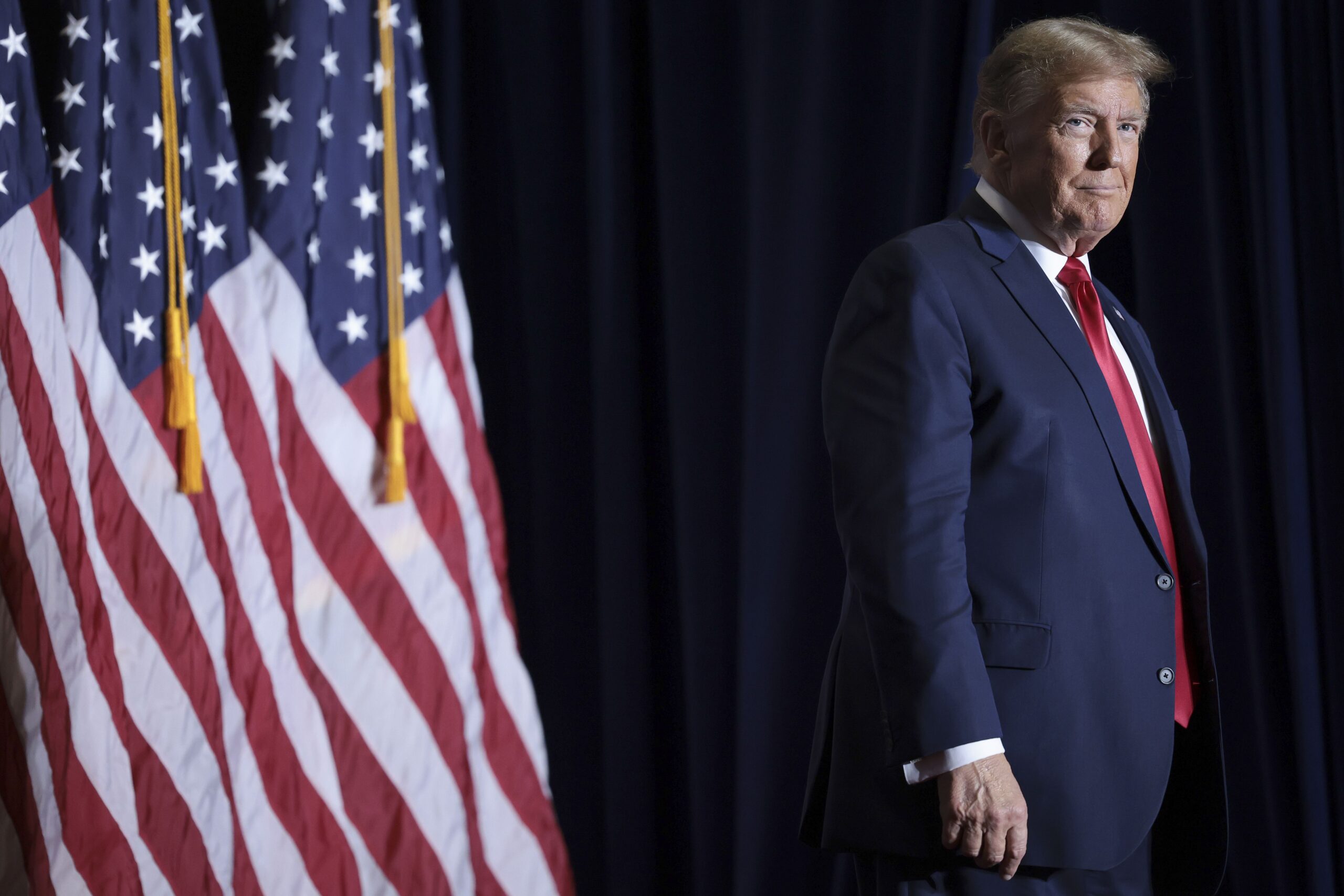Donald Trump’s legal woes are set to take him off the campaign trail, at least during the day, starting March 25. This development comes a week after his campaign expects him to secure the delegate threshold to become the presumptive Republican nominee for the 2024 presidential election.
Trump has been in and out of courtrooms over the past year for various legal cases, most of which were voluntary appearances. However, come March, he will be mandated to attend court four days a week to face 34 criminal charges brought by District Attorney Alvin Bragg in an alleged hush-money scheme.
The trial, expected to last approximately six weeks, will significantly limit Trump’s ability to campaign during this period. Moreover, this New York trial may not be the last to disrupt his campaign trail, with two federal trials and a case in Georgia still pending.
Legal Battles and Campaign Strategy
While Trump’s legal proceedings may conclude the GOP nominating fight, they could potentially disrupt his pivot to a general election matchup with President Joe Biden. Trump’s attention will be divided between his legal battles and his political campaign.
Trump has labeled the cases against him as “election interference,” suggesting a conspiracy by Democrats and Biden to prevent him from securing another term in the White House. His attorney, Todd Blanche, echoed this sentiment, objecting to the trial start date. However, the judge remained firm on the schedule, citing Trump’s three potential trials in other jurisdictions.
Impact on General Election
Trump’s team is grappling with how his criminal trials will play out in a general election, where he will need to court independent voters. Some advisers remain confident that his legal troubles will continue to bolster his campaign, not just with primary voters, but with general election voters as well.
However, Trump’s team acknowledges that the necessities of court will likely affect the campaign and provide further ammunition for Biden’s reelection efforts. Trump has suggested that he would still be able to campaign while attending the trial by doing so “in the evening.”
Media Circus and Courtroom Drama
The New York criminal trial also presents a challenge for Trump’s ability to create a media circus, as cameras are not allowed in the courtroom. Trump’s team anticipates that his attendance will be mandatory at most, if not all, of his trial in Manhattan.
Despite the legal challenges, many allies would rather see the New York hush money case go to trial than the other three criminal cases, believing that the case from Bragg, a Democrat, is the weakest and easiest to paint as politically motivated.
Trump’s advisers expect the former president to have enough delegates by March 19, following primary contests in Arizona, Florida, Illinois, Kansas, and Ohio, to be considered the presumptive Republican nominee. The general election could pose a different test for Trump, particularly if he is found guilty of a crime.

